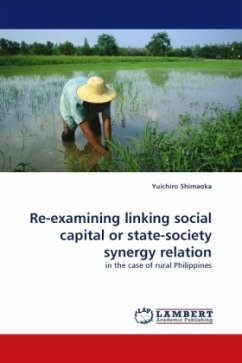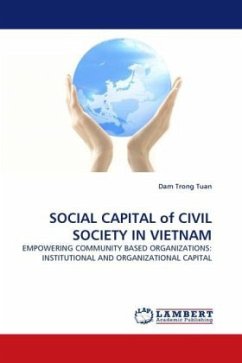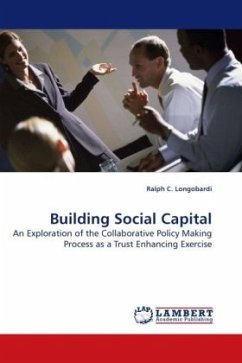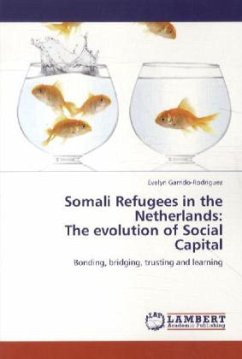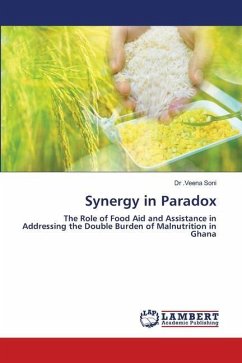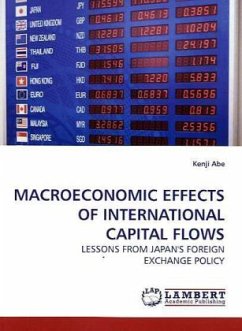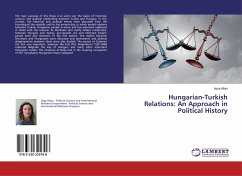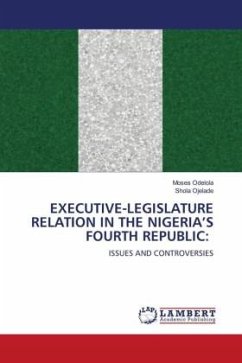Since the mid-1990s, social capital has begun regarded as one of a few possible keys in solving various development issues. This research re-examines in a critical and empirical manner state-society synergy relations, interchangeably used for linking social capital, between local government officials and poor people in the rural municipality of the Philippines. Based on the findings of fieldwork, the research develops the concept of both 'forced' and 'limited' state-society synergy relation. Further, it argues that state-society synergy relation, despite the presence of complementarity and embeddedness as its two major components, may not prove to be helpful for the poor to "get-ahead" contrary to the expectation in development literature. The main reasons are i) state-society synergy relation takes place within socio-economic and political condition present in the locality, which influences strongly the way it is formed and operates and ii) social capital has been viewed as "a new paradigm" in the field of development with enormous attention exclusively placed on its positive impacts while its negative impacts and unfavorable characteristics largely overlooked.
Bitte wählen Sie Ihr Anliegen aus.
Rechnungen
Retourenschein anfordern
Bestellstatus
Storno

